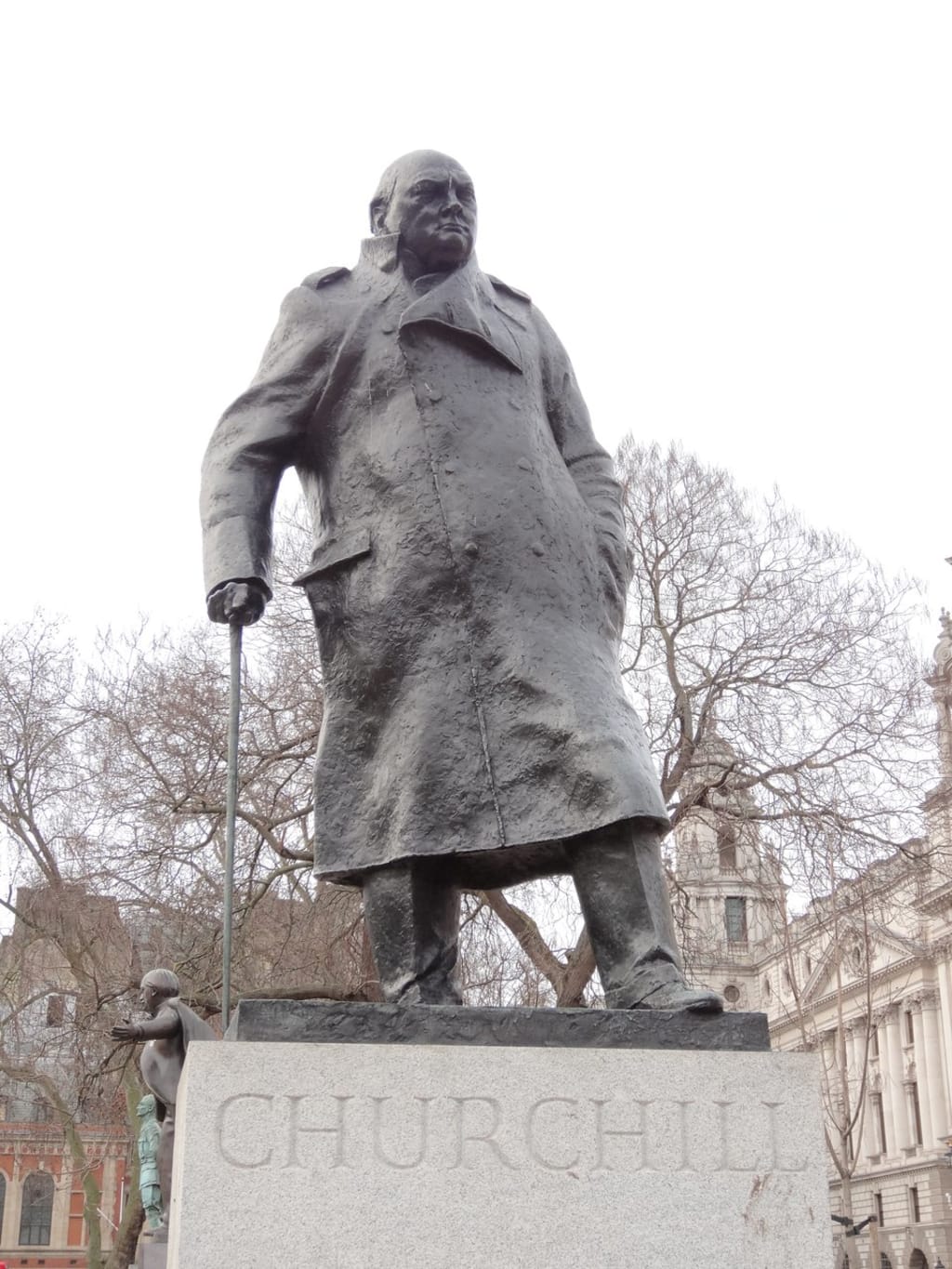Statues and the Distillation of History
History is not a highlights reel.

So, the past week has been a real eye-opener for the current discourse of history in Britain. From protests and counter-protests to the statue of slave trader Edward Colston going for a swim, it has provided an extraordinary opportunity for a nation to search its soul and to accept its past. That is if only more people were willing to.
History is seldom written in the shiny hues of gold and silver but rather swathes of grey. History is not a highlights reel. Some of the darkest times humanity has ever faced were little more than a lifetime ago and while our own historical figures aren't as reviled as despots like Hitler or Pol Pot, we need to recognise that they're not so squeaky clean either.
And so with the removal of statues and places bearing the names of slave traders, this debate has begun. People say that the removal of these statues is "erasing history" but that is not the point of statues. The purpose of these monuments is to celebrate and commemorate the best examples of mankind, not to inform us (that's what museums, books and history curriculum in schools are for) because history is complex and can't be boiled down to a plaque. It requires a conscious decision and effort to know the whole story and not just cherry-pick the parts we like because that is disrespectful to our history and history as a whole.
When it comes to who we immortalise in stone there needs to be balance. It's all well and good to honour Winston Churchill for leading our country through the World War II but you need to acknowledge his other side; the side that facilitated the Bengal famine, the side that called in soldiers to the Tonypandy riots or meddled in police affairs during the Sidney Street Siege, the side that oversaw concentration camps in Kenya or the side that had a clear racial hierarchy with white protestants at the very top. It was Churchill's views on Gandhi that turned his fellow Conservatives against him and hurt his credibility in the lead up to the war when he expressed his concerns on Hitler. That's all a part of Winston Churchill's legacy as well because he was human, he was fallible and not some bronze idol that people have made him out to be. It's quite telling that people are worried about "erasing history" but are getting their backs up when confronted with the former prime minister's views being racist when it's all well documented.
It's our responsibility to acknowledge that not only were these historical figures capable of greatness so that we ourselves may aspire to attain some for ourselves but also to realise that they had dark sides so we can see how far we've come as a civilisation. I know it seems counter-intuitive to judge people of the past by 21st century values but the unspoken goal of our species is stumbling towards sucking less; be it in terms of technology, medical advancements or even just how we interact with one another. So, to me, the next step is to acknowledge our entire history, not just the sanitised versions of it, and add it to the curriculum so future generations can learn about it at a secondary school level.
I've long said that national pride is folly. It's a genetic crapshoot. It's like rolling a dice and saying you're proud you got a six. Pride should really be saved for things you can achieve on your own but that's not to say you shouldn't be made to feel ashamed of who you are by birth either because that's really what has led us to this point. I think helping our communities*, regardless of race or religion, is the way forward and that can mean so many different things; helping your neighbour when they're down on their luck, getting groceries for an elderly relative, or even just a kind word, etc.
So rather than having a rich history to look back on we've got a bright future to look forward to.
* Read about Sebastian Junger's work. He's a journalist that has covered war zones and, in particular, Camp Restrepo. He's talked at length about the "tribe mentality" that permeates not only through platoons but also ordinary people experiencing terminal illnesses and the like. You can find his TED talk on YouTube. I believe this way of thinking not only helps the less fortunate but gives ourselves a sense of purpose worth pursuing.
Sources;
https://eu.northjersey.com/story/opinion/contributors/2018/03/05/opinion-recalling-dark-side-winston-churchill/396051002/
Famine: A Short History by Cormac Ó Gráda
https://medium.com/from-empire-to-europe/the-dark-side-of-winston-churchill-by-many-regarded-as-the-greatest-briton-ever-for-some-he-d4a374f31464
https://www.bbc.co.uk/news/magazine-29701767
About the Creator
C. Raymond Martin
Aspiring script/book/graphic novel writer and avid NFL fan.






Comments
There are no comments for this story
Be the first to respond and start the conversation.